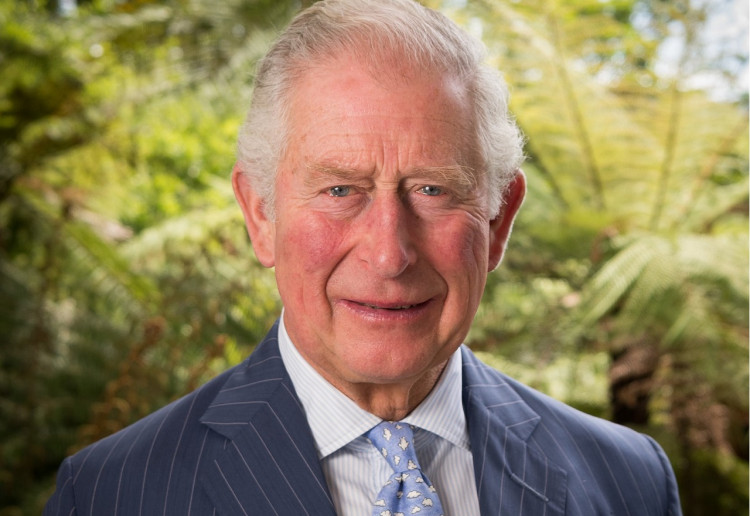Amid the ongoing discussions surrounding the British monarchy, King Charles III finds himself at the center of a heated controversy. The monarch, along with Kate Middleton, is alleged to have expressed concerns about the skin color of Prince Harry and Meghan Markle's son, Prince Archie, before his birth.
This revelation, detailed in Omid Scobie's new book, "Endgame: Inside the Royal Family and the Monarchy's Fight for Survival," has prompted calls for the King to address these claims.
The allegations, which first surfaced in a Dutch version of Scobie's book, have been met with silence from both Buckingham Palace and Kensington Palace. Despite the gravity of the accusations, King Charles III and Prince William, along with Kate Middleton, have continued their public engagements without addressing the issue. This silence was evident when they avoided responding to reporters' questions about Scobie's book and Piers Morgan's revelations on his "Uncensored" show, where he named King Charles III and Kate Middleton as the individuals referred to by the Sussexes.
Graham Smith, chief executive of the anti-monarchy group Republic, has been vocal in urging the royals to confront the allegations head-on. Smith emphasizes the seriousness of racism allegations within public institutions and calls for transparency and accountability from the royal family. He argues that the public deserves clarity on whether these comments were made and, if so, an apology should be issued.
In their explosive interview with Oprah Winfrey in March 2021, Prince Harry and Meghan Markle disclosed that there were conversations within the royal family about their son's potential skin color, but declined to name the individuals involved. Scobie's book has reignited this debate, shedding light on private letters between Markle and the King, which are believed to contain the identities of the royals involved.
While Scobie has not confirmed the accuracy of the names mentioned in the Dutch version of his book, the incident has sparked widespread media coverage and public discourse. The controversy underscores the ongoing challenges faced by the monarchy in addressing issues of race and diversity, and the need for a more open and transparent approach to such sensitive matters.





